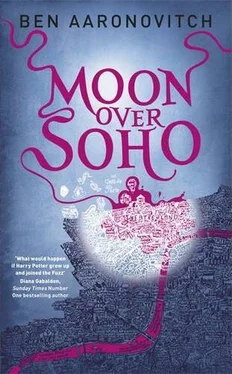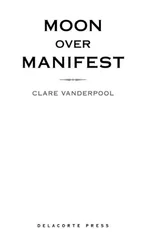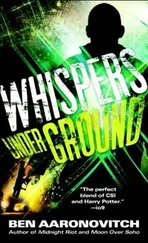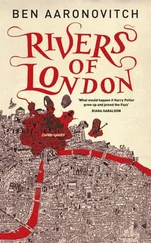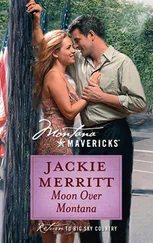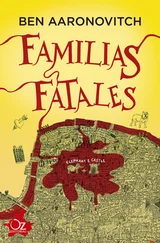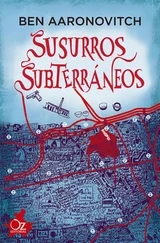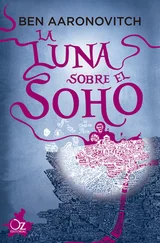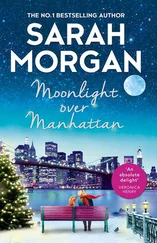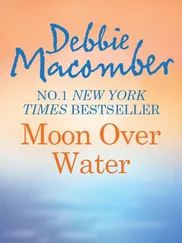“Mum?”
Without opening her eyes, she put her finger to her lips and then pointed toward the bedroom.
“Is that Dad?” I asked.
My mum’s lips curved up into a slow blissful smile that was familiar to me only from old photographs. My dad’s third and last revival in the early 1990s had ended when he’d lost his lip just before a live appearance on BBC Two, after which I didn’t hear Mum speak more than two words to my dad for a year and a half. I think she took it personally. The only time I’ve seen her more upset was Princess Diana’s funeral, but I think she sort of enjoyed that more — in a cathartic way.
The music continued, searching and heartfelt. I remember my mum, inspired by a repeat viewing of The Buena Vista Social Club , buying Dad a keyboard, but I didn’t remember him learning to play it.
I went into the narrow slot of a kitchen and made us a cup of tea as the tune concluded. I heard my mum shift on the sofa and sigh. I don’t actually like jazz that much, but I spent enough of my childhood as my dad’s vinyl wallah, ferrying disks from his collection to his turntable when he wasn’t well, to know the good stuff when I hear it. Dad was playing the good stuff — “All Blues” now — but not doing anything too smart arse with it, just letting the melancholy beauty shine through. I went back through and put my mum’s tea down on the simulated walnut coffee table, then sat down to watch her listen to my dad’s playing while it lasted.
It didn’t last forever, or even remotely long enough. How could it? We heard Dad slip off the line and then crash to a halt. Mum sighed and sat up.
“What are you doing here?” she asked.
“I’ve come to see Dad,” I said.
“Good.” She took a sip of her tea. “This is cold,” she said and thrust the mug in my direction. “Make me another.”
My dad emerged while I was in the kitchen. I heard him greet Mum and then a strange sucking sound that I realized with a start was the sound of them kissing. I almost spilled the tea.
“Stop it,” I heard my mum whisper. “Peter is here.”
My dad stuck his head into the kitchen. “This can’t be good,” he said. “Any chance of a cuppa too?”
I showed him that I already had another mug out.
“Outstanding,” he said.
When I had them both supplied with tea Dad asked me why I’d come around. They had reason to be a bit cautious, since the last time I’d turned up unexpectedly I’d just burned down Covent Garden Market — sort of.
“I’ve got some jazz stuff I need your help with,” I said.
My dad gave me a pleased smile. “Step into my office,” he said. “The jazz doctor is in.”
If the living room belonged to my mum and her extended family, then the main bedroom belonged to my dad and his record collection. Family legend said that the walls had once been painted a creamy light brown but now every inch had been colonized by Dad’s steel-bracketed stripped-pine shelves. Every shelf was filled with vinyl records all carefully stored in vertical ranks out of the sunlight. Since I’d moved out, my mum’s sprawling BHS wardrobe had migrated into my old room along with the bulk of her shoe collection. This left just enough room for the queen-sized bed, a full-sized electric keyboard, and my dad’s stereo.
I told him what I was looking for and he started pulling out records. We began, as I knew we would, with Coleman Hawkins’s famous 1938 take for Bluebird. It was a waste of time, of course, because Hawkins barely goes near the actual melody. But I let my dad enjoy it all the way through before I pointed this out.
“It was old-school, Dad. The one I heard. It had a proper melody and everything.”
Dad grunted and dipped into a cardboard box full of 78s to pull out a plain brown cardboard sleeve repaired at three edges with masking tape, containing the Benny Goodman Trio on shellac, with a Victor black-and-gold label. He has a Garrard turntable that has a 78 setting but you have to swap out the cartridge first — I laboriously removed the Ortofon and went looking for the Stanton. It was still kept where I remembered it, on the one clear bit of shelf behind the stereo, lying on its back to protect the stylus. While I fiddled with the tiny screwdriver and got the cartridge mounted, Dad carefully slipped the disk out and inspected it with a happy smile. He passed it to me. It had the surprising heft of a 78, much heavier than an LP; anyone weaned exclusively on CDs probably wouldn’t have been able to lift it. I took the edges of the heavy black disk between my palms and placed it carefully on the turntable.
It hissed and popped as soon as the needle hit the groove and through that I heard Goodman make his intro on the clarinet. Then Teddy Wilson soloed on piano, then Benny on clarinet again. Luckily, Krupa on drums kept a low profile. This was much closer to the tune poor dead Mr. Wilkinson was playing.
“Later than that,” I said.
“That won’t be difficult,” said Dad. “This was only recorded five years after it was written.”
We sampled a couple more on 78 including a 1940 Billie Holiday take that we left on just because Lady Day is one of the few things Dad and I truly have in common. It was beautiful and sad, and that helped me realize what I was missing.
“It’s got to be more upbeat,” I said. “It was a bigger combo and it had more swing.”
“Swing?” asked my dad. “This is ‘Body and Soul’ we’re talking about, it’s never been noted for its swing.”
“Come on, Dad, someone must have done a more swinging version — if only for the white folks,” I said.
“Less of that, you cheeky bastard,” said Dad. “Still, I think I know what we might be looking for.” He reached into his jacket pocket and pulled out a rectangle of plastic and glass.
“You’ve got an iPhone,” I said.
“iPod touch actually,” he said. “It’s not a bad sound.” This from a man who ran a fifty-year-old Quad amp because it had valves rather than transistors. He passed me the earpieces and slid his finger around the screen like he’d been using a touch control all his life. “Listen to this,” he said.
There it was, digitally remastered but still with enough hiss and pop to keep the purists happy. “Body and Soul,” clear melody and just enough swing to make it danceable. If it wasn’t what I’d heard off the body then it was definitely played by the same band.
“Who is it?” I asked.
“Ken Johnson,” said Dad. “Old Snakehips himself. This is off Blitzkrieg Babies and Bands , some nice transfers from shellac. The liner notes say that it’s ‘Jiver’ Hutchinson on trumpet. But it’s obviously Dave Wilkins, because the fingering’s all different.”
“When was it recorded?”
“The original seventy-eight was cut in 1939 at the Decca Studios in West Hampstead,” said Dad. He looked at me keenly. “Is this part of a case? Last time you came over you weren’t half going on about some strange stuff.”
I wasn’t going down that road. “What’s with the keyboard?”
“I’m revitalizing my career,” he said. “I plan to be the next Oscar Peterson.”
“Really?” That was unexpectedly cocky — even for my dad.
“Really,” he said and shifted around on the bed until he could reach the keyboard. He played a couple of bars of “Body and Soul,” stating the melody before vamping and then taking the line in a direction that I’ve never been able to follow or appreciate. He looked disappointed at my reaction — he keeps hoping that I’ll grow into it one day. On the other hand my dad had an iPod so who knows what might happen.
“What happened to Ken Johnson?”
“He was killed in the Blitz,” said Dad. “Like Al Bowlly and Lorna Savage. Ted Heath told me that sometimes they thought Göring had it in for the jazzmen. Said he felt safer during the war doing tours in North Africa than he did playing gigs in London.”
Читать дальше
